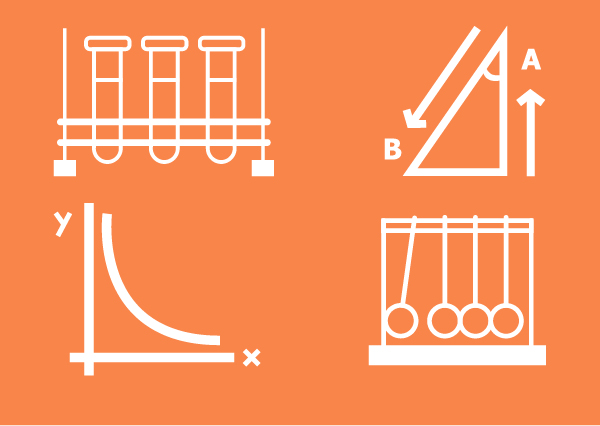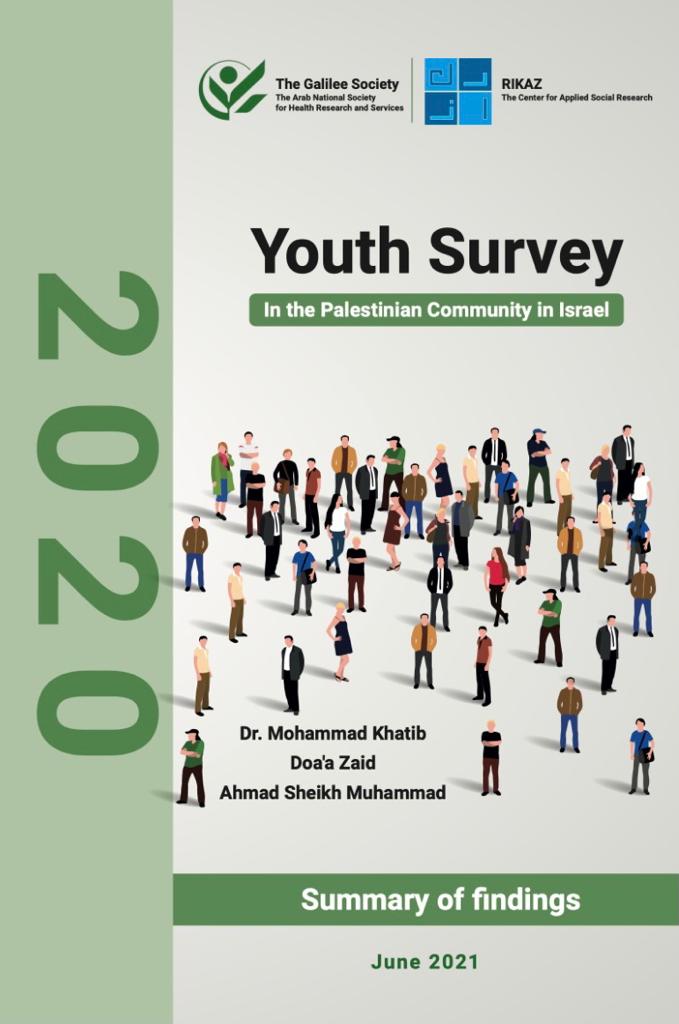The staff of Rikaz, the Applied Social Research Center, completed the data collection and the preliminary analysis of data phase of the research “Dealing with COVID-19 in the Arab Society,” which lasted for 3 months. 1533 people (841 men and 692 women) participated in this survey. The ages of the participants ranged between 18-90 years, and the average age was 43.4 years.

The research sample included participants from all geographical regions in the country, who were distributed as follows: 51.2% from the north, 17% from the Haifa area, 15.2% from the center, and 16.6% from the south.
It should be noted that the selection of the research sample complied with all the academic standards for the survey to be inclusive and represent all segments of the Arab community, taking into account the distinctive characteristics of the community in terms of geographical and demographic distribution, and the data was collected through personal telephone and direct interviews with the participants. Hence, the results of this research show the true image of how the Arab community has dealt with the pandemic in the last year and what impact it had on various aspects of life.
The preliminary results indicate the clear economic damage inflicted on large sectors of Arab families, as 55.6% of the respondents indicated this damage. The results of the research also show the deterioration in mental health, as the incidence of stress, depression, and loneliness increased. These cases are more prevalent among women, people whose work was disrupted, and patients who suffer from chronic diseases.
The results showed an increase and improvement in the extent of compliance and response to preventive instructions between the first and second wave of the pandemic, reaching high rates that exceeded 80% with regard to the use of masks, social distancing, and hygiene, and to about 50% with regard to abstaining from visits and going out for shopping.
There is a clear relationship between the level of the public’s conviction in the benefits of adhering to the preventive measures, which are higher in women than men and rises according to educational level and residential areas, and the level of its commitment to actually implement these instructions.
We point out that the survey includes more variables and other aspects that are being analyzed statistically and will be published soon as part of the comprehensive detailed report.


